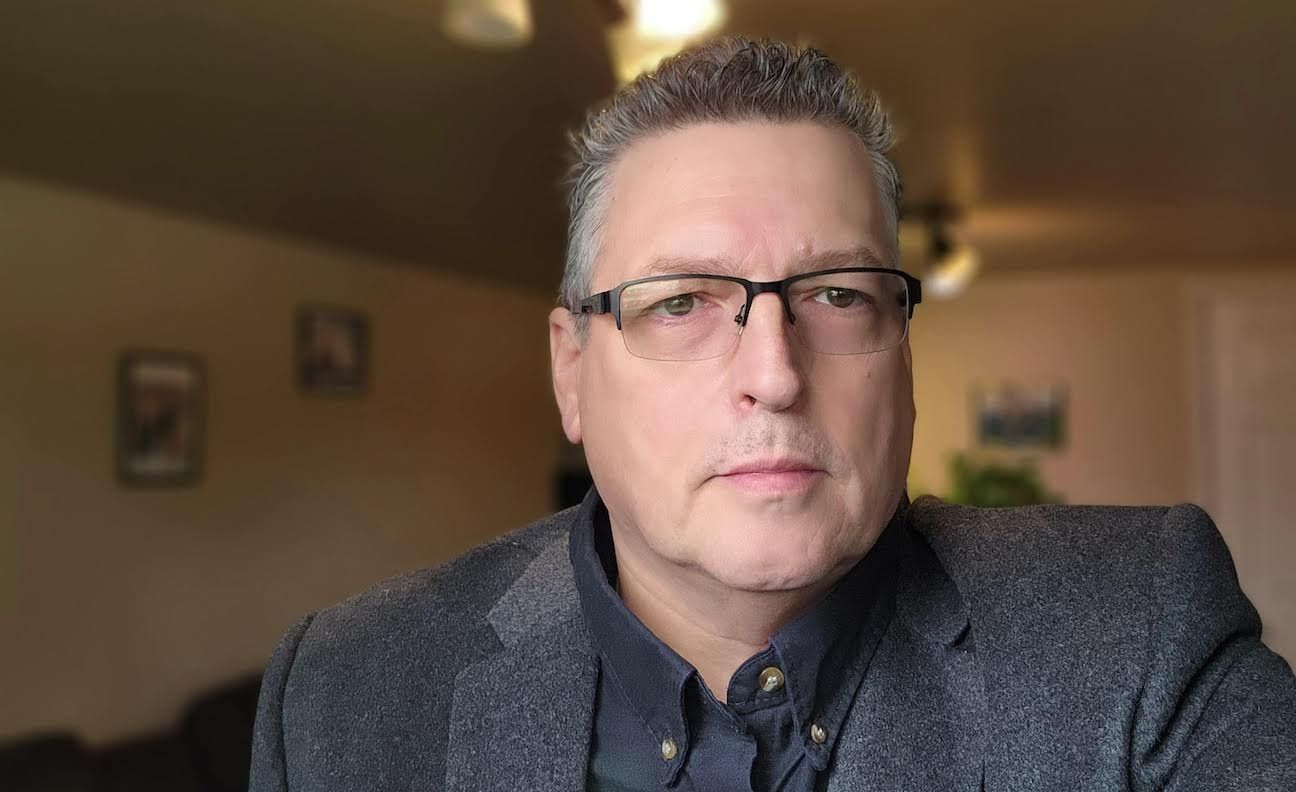caring for someone with depression, whether a loved one, a client, or yourself, is never easy for either party involved. depression is a complex disease, and each individual who experiences it does so in their own unique way.
dealing with a depression diagnosis
when jane was diagnosed with depression, she was given all the medical attention one could need: medication, counsellors, and doctors. receiving that kind of help can significantly impact how people with depression cope and overcome symptoms, but often, it’s not enough.
“she still has periods of sadness, but it is better,” joy said. “[i] try and keep her busy with social events or even things she is interested in. if she needs someone to talk to, i let her know that i am there.”
jeff recalls receiving a diagnosis almost a decade after his depression started. because of his lao-american cultural background, he felt seeking help for his symptoms was a non-starter. he wasn’t given the opportunity to open up to anyone about it, and so when he finally got the diagnosis, he was relieved.
“for me, being diagnosed with depression cleared up so much gray areas in my life and made me feel better about myself,” he said. “in lao culture, and nearly, if not all asian cultures, mental health is a taboo subject. you do not discuss it with other people outside of the family. because of this, regardless of knowing i wanted to be a therapist since i was 13 and being in a constant state of sadness and anxiousness, i wasn’t allowed to be screened for mental health as a kid [and] teen because of all the stigmas.”
 6 minute read
6 minute read









